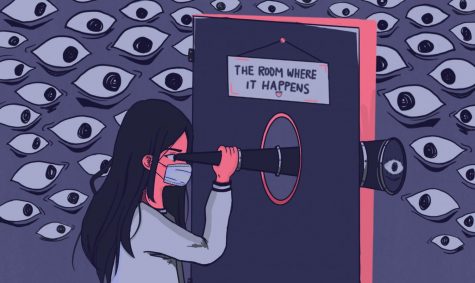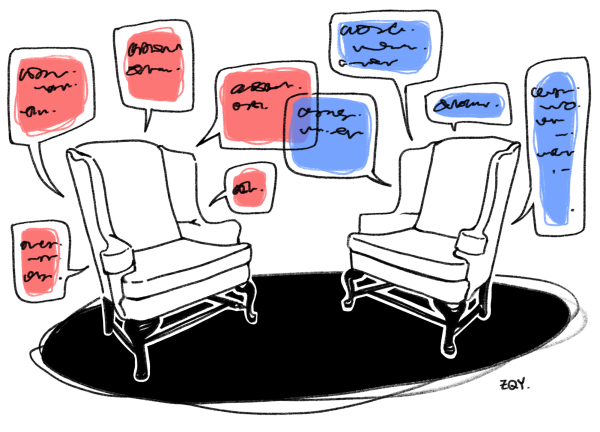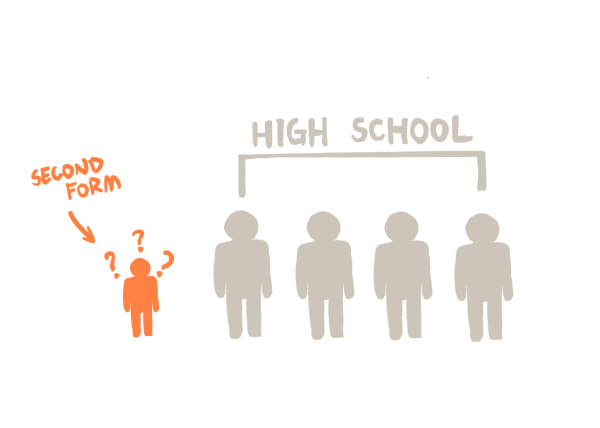The Case for Ending Fourth Form Study Hall
It’s 7:55 on a Thursday night. After a long day of classes, sports practice, dinner, and a club meeting, you realize you have a math problem set due tomorrow and virtually no idea how to solve it. If you are in fourth form, instead of seeking out peer or teacher help, which would be the most time-efficient course of action, you must instead rush back to your dorm in time for 8:00 p.m. study hall. You spend the next hour and a half attempting to figure out the various applications of the law of cosines or the quadratic formula, while bemoaning the fact that you could have accomplished the same work in half the time if you had access to a study partner. It also does not help that your dorm room is quite possibly the most distracting place on campus; between chats with roommates and quick cat naps (the bed is right next to you), you accomplish little studying.The next night, maybe you have another difficult math assignment, an English essay, or a big test to study for, but the problems remain.
Fourth form mandatory study hall is one of Groton’s most useless institutions. Supposedly, its purpose is to reinforce correct study habits by eliminating the distractions caused by other students.
But in reality, study hall has the adverse effect of forcing students into the worst, most distracting studying situation possible. There is a reason that parents and teachers encourage children to study in practically any place other than their rooms; we unconsciously designate our dorms as places for sleeping and relaxing. This makes study hall an extremely difficult place to focus on the tasks at hand. The Schoolhouse, on the other hand, is equipped with many quiet study locations, such as the library, bubbles, and study rooms.
There is also the consideration of individual preference. Students should be able to select a place that will encourage optimal studying for them personally, as it varies from person to person. In addition, the type of work itself is a key factor in terms of where a student is most productive. For example, fourth formers should not be stuck in a situation where they need to practice for a presentation, but have no one from their class to practice it with, and are unable to even practice aloud without disturbing others. For this type of project, a study room for a group of people working on the same project would be far more ideal.
On the other hand, for individual study, a quiet corner of the library would be perfect. Of course, at other times, a place with teacher help is necessary. One of the benefits of boarding school is easy access to teachers and other resources, so why are we limiting this accessibility by not letting students leave their rooms? The current system is flawed in that it does not recognize variations in individual study preference or in types of assignments.
Finally, there is no basis on which to conclude that mandatory study hall is, in any way, beneficial for fourth formers. While a faculty member briefly checking in on each room does technically constitute supervision, it does not make a significant impact on whether a student chooses to use study hall wisely. If a fourth former does not want to study, they will act regardless of whether or not a teacher knocks on their door once.
As a whole, however, Groton students are generally motivated and are thus unlikely to skip their homework in the first place. Fourth formers have already had their entire third form year to learn correct study habits, and therefore this extra year of mandatory study hall is unnecessary. Fourth form mandatory study hall does not serve its intended purpose and instead detracts from students’ efficiency.











